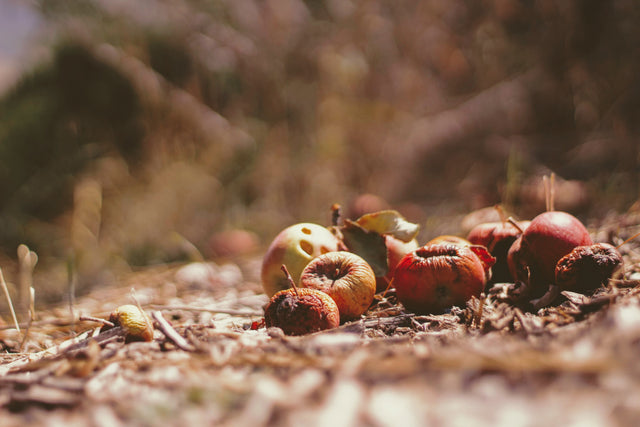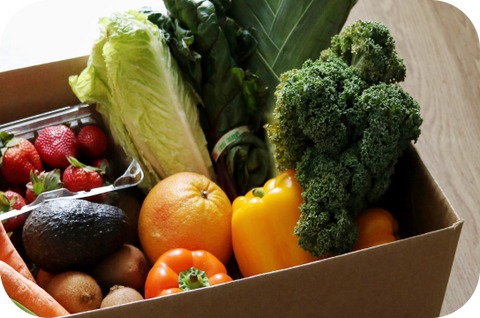

When looking at the big picture, how do we interpret food waste? Do we notice the effects it has on the world, or on us? Food waste occurs along a large spectrum of production. Starting from a farm, to the retailer, then to the consumer. As consumers, we purchase food to feed our hunger; however, what about the food that has seen the end of its life cycle.
There are many reasons why we may throw away food. It could have become moldy, spoiled, lost from cooking, inadequate climate control and even intentional food waste (there is not a need for it anymore). Food waste refers to, “food that is fit for consumption but consciously discarded at the retail or consumption phases.”
Food ending up in landfill is one of the biggest causes of climate change. It creates methane, a greenhouse gas 25 times more potent than carbon dioxide. In fact, if global food waste were measured as a country, it would be the world’s third worst emitter of greenhouse gasses. We’re also wasting all of the land, water, energy and other resources that went into producing it, impacting biodiversity – the variety of life on earth – and polluting our environment. Canada alone produces 2.3 million tonnes of avoidable household food waste is equivalent to 6.9 million tonnes of CO2 and more than 2 million cars on the road.To refer to more ways food waste has impacted climate change, refer here.
When food and other organic material are incorrectly put in garbage bins and then landfill, it later decomposes and produces greenhouse gasses like methane. This is why it is so important to remember to compost any food you may have. By composting you are giving back to the environment.
The best ways to prevent food waste and impacts to climate change is to plan ahead your meals, keep your produce fresh, and use it all up. To find ways on how to prevent food waste in your households, check out Peko’s Knowledge Hub where we share ways we prevent food waste.
